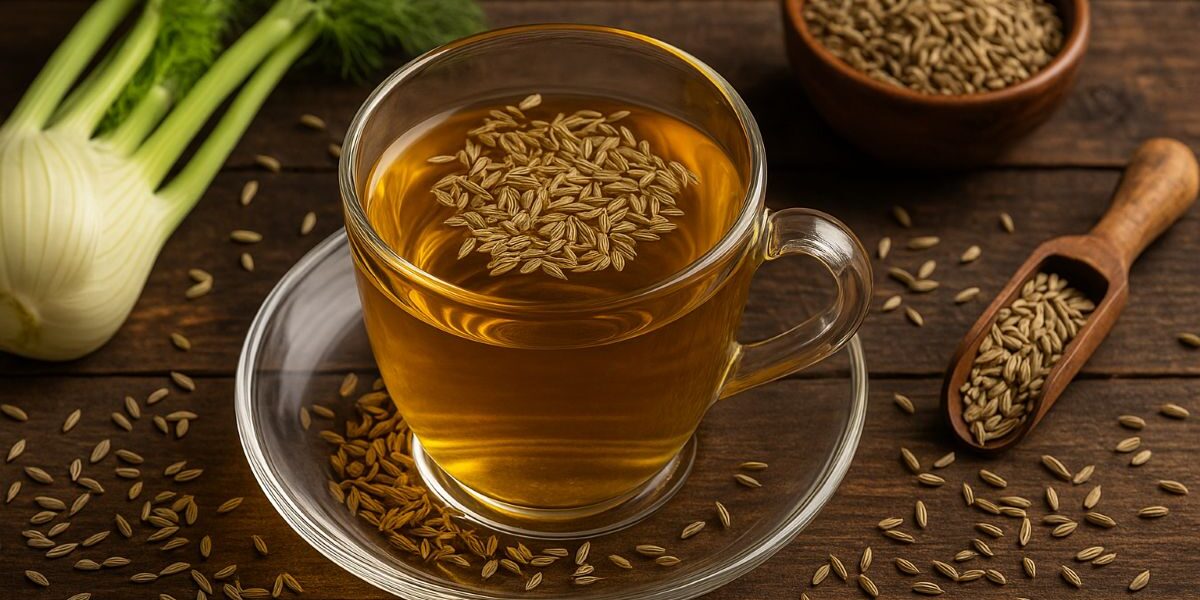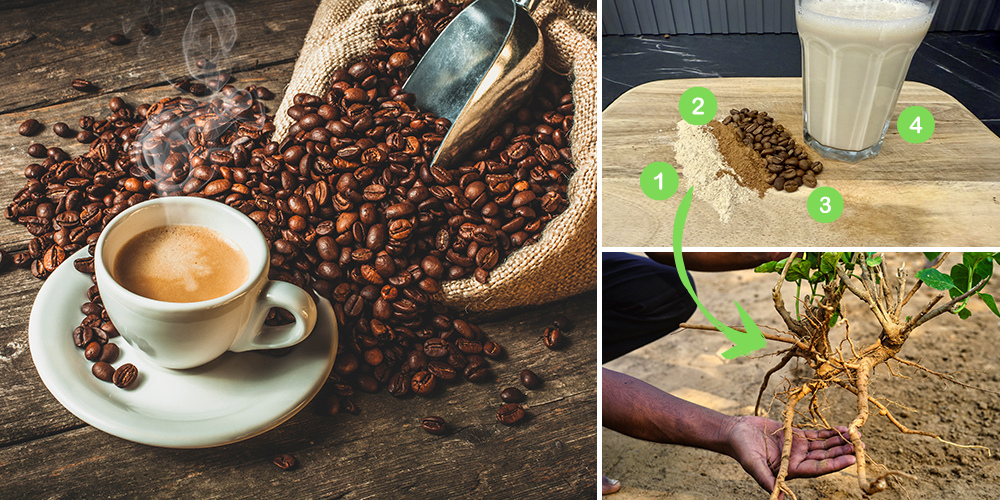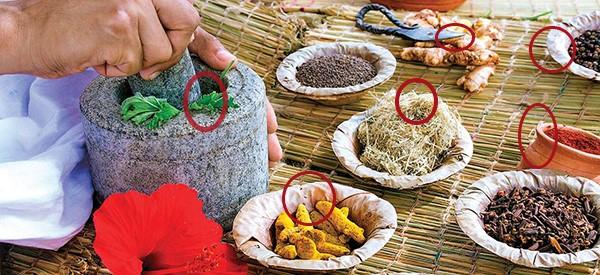
Fennel Tea: A Soothing Brew with Ancient Roots and Modern Benefits
In the world of herbal remedies, few brews are as comforting and time-tested as fennel tea. Used for centuries across cultures—from ancient Ayurvedic traditions to old European apothecaries—fennel seed tea offers more than just a pleasant aroma. It’s a natural remedy that gently supports digestion, soothes the body, and connects us back to simpler, slower ways of healing.
Whether sipped as a warm evening ritual or brewed after a heavy meal, drinking fennel tea can be a calming, restorative experience with a surprising range of health benefits. Let’s take a closer look at the uses of fennel tea, how to make it at home, and what to consider before making it part of your daily rhythm.
One of the beautiful things about fennel is how accessible it is. You don’t need to travel far to find it—it grows in many temperate climates and is often found in kitchens around the world. That kind of familiarity makes it a staple not just of herbal traditions but of everyday living.
And in our modern context—where many people seek gentle, food-based healing—organic fennel tea provides a bridge between comfort and function. It’s something you can offer to guests, family members, or yourself in moments of imbalance, without needing to reach for the medicine cabinet.
Fennel Tea Benefits: Why This Ancient Brew Still Matters
The benefits of drinking fennel tea begin with its digestive properties. Fennel seeds are rich in volatile oils—especially anethole—that help relax the digestive tract, reduce gas, and ease bloating. In traditional herbal medicine, fennel seed tea is often the first line of support after a heavy meal or when digestion feels sluggish.
Beyond digestion, fennel tea has mild antispasmodic effects, which may ease menstrual cramps and soothe muscle tension. Its natural compounds also possess antioxidant and anti-inflammatory properties, offering gentle support for the immune system and overall well-being.
Fennel also supports respiratory health. Its expectorant nature makes it useful during times of seasonal illness, as it may help clear mucus and open airways. In this sense, drinking fennel tea during a cold can bring comfort not just to the gut, but to the lungs as well.
Additionally, fennel has been linked to mild appetite control and improved metabolic balance. While it’s no magic weight loss tea, incorporating it into your routine—especially as a replacement for sugary or caffeinated drinks—can support healthier habits and hydration.
How to Make Fennel Tea
Making fennel tea at home is incredibly simple and requires little more than water and a handful of fennel seeds. To make a basic cup:
Ingredients:
- 1 to 2 teaspoons of whole fennel seeds (preferably organic)
- 1 cup of boiling water
Instructions:
- Lightly crush the fennel seeds with a mortar and pestle or the back of a spoon.
- Place the seeds in a teacup or infuser.
- Pour boiling water over the seeds and cover.
- Let steep for 10–15 minutes.
- Strain (if needed) and enjoy warm.
You can also find fennel tea bags in health stores or online, often labeled as organic fennel tea for those who prefer a quicker, mess-free option. While fresh seeds offer the most robust flavor and benefit, tea bags are perfectly suitable for daily use.
For a deeper digestive tonic, consider blending equal parts fennel, coriander, and cumin seeds. This cumin coriander fennel tea is a beloved blend in Ayurvedic traditions, supporting both gut balance and internal cooling.
Fennel Tea Side Effects: A Few Things to Keep in Mind
While the advantages of fennel tea are many, it’s still important to approach any herbal remedy with mindfulness—especially when using it regularly.
For most people, fennel tea is gentle and safe. However, in large quantities, anethole (the main oil in fennel) can have estrogen-like effects. This may not be suitable for individuals with hormone-sensitive conditions. Always check with a qualified practitioner if you’re dealing with such concerns.
It’s also worth noting that fennel can interact with certain medications, especially those that are metabolized through the liver. If you’re taking long-term prescriptions or blood thinners, it’s best to discuss drinking fennel tea with a trusted healthcare provider before incorporating it regularly.
Another minor concern is sunlight sensitivity. While rare, some individuals who consume large amounts of fennel or fennel extract may become more sensitive to UV light. This effect is mild and uncommon, but it underscores the importance of moderation, even with gentle herbs.
Fennel Tea and Breastfeeding: A Traditional Ally
One of the more well-known uses of fennel tea in folk medicine is its support for lactating mothers. Traditionally, fennel has been used as a galactagogue—a natural substance that helps increase milk supply. Some women report positive results from drinking fennel tea while breastfeeding, especially when consumed regularly in small amounts.
The relaxing effects of fennel may also help reduce digestive discomfort in both mother and baby, particularly through breast milk. This makes it a double ally during those tender early months of motherhood.
That said, balance is crucial. Overuse of fennel tea bags or highly concentrated fennel extracts has led to rare cases of infants experiencing side effects like lethargy or difficulty feeding. While these reports are uncommon, they remind us to treat herbal teas with respect—especially during breastfeeding.
A good rule of thumb is to stick with a mild, once-daily cup of organic fennel tea, and avoid essential oils or potent tinctures unless advised by a professional. When used thoughtfully, fennel can be a comforting, supportive addition to a nursing mother’s day.
Final Thoughts
So, what is fennel tea good for? Quite a lot. From easing digestion and reducing bloating to supporting lactation and soothing the nervous system, fennel seed tea is one of the most versatile herbal brews you can keep in your kitchen.
Whether you sip it solo or as part of a cumin coriander fennel tea, the act of making and drinking fennel tea is a small, nourishing ritual. In a world that often leans on quick fixes and synthetic pills, returning to traditional remedies like this reminds us of nature’s quiet power.
More than anything, fennel tea invites slowness. It asks us to pause, to warm some water, to steep, and to wait. These small rituals are part of the healing, and they ground us—physically and emotionally.
By making space in your day for herbs like fennel, you’re not just addressing symptoms—you’re cultivating a lifestyle of self-awareness, gentleness, and long-term well-being. And that is the heart of herbal living.
You May Also Like:
Yerba Santa Tea: How to Make This Traditional Healing Brew
How to Recognize a Heart Attack and What to Do Next (Video)




